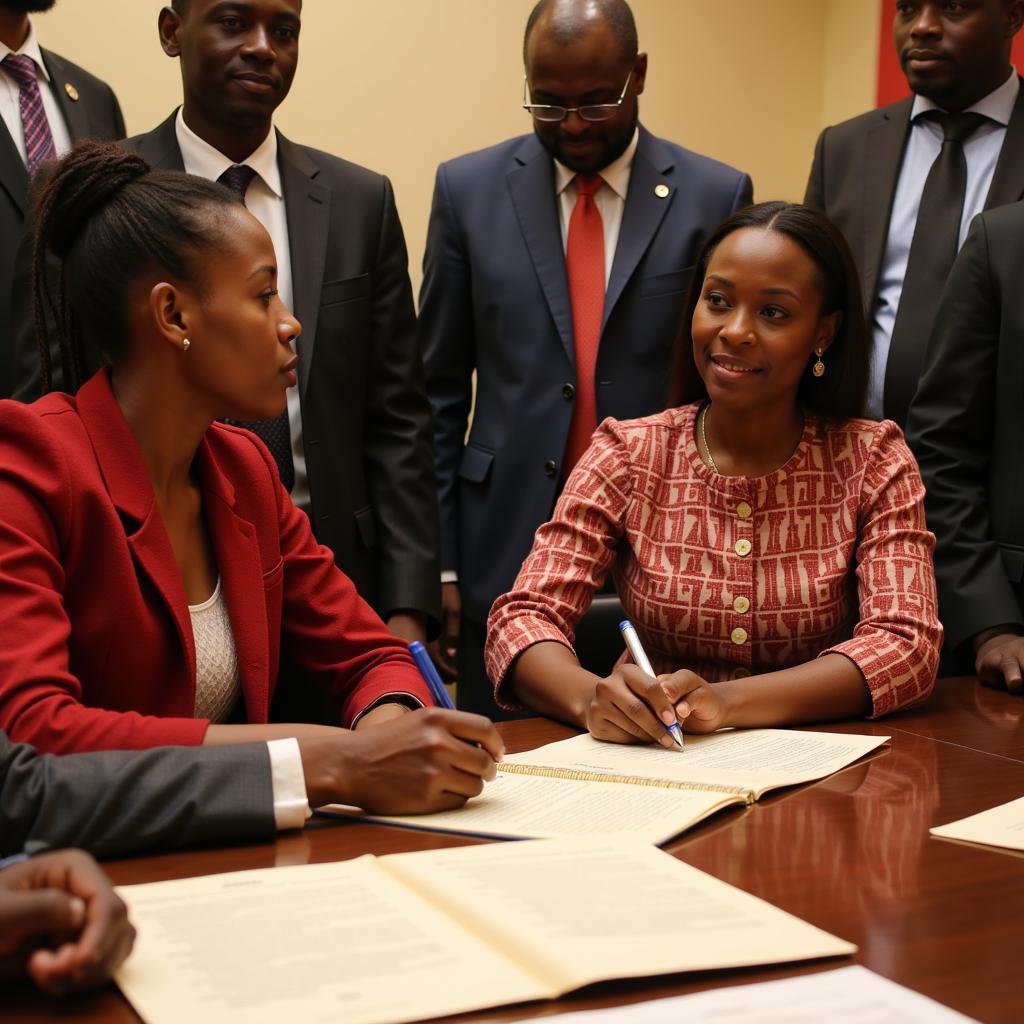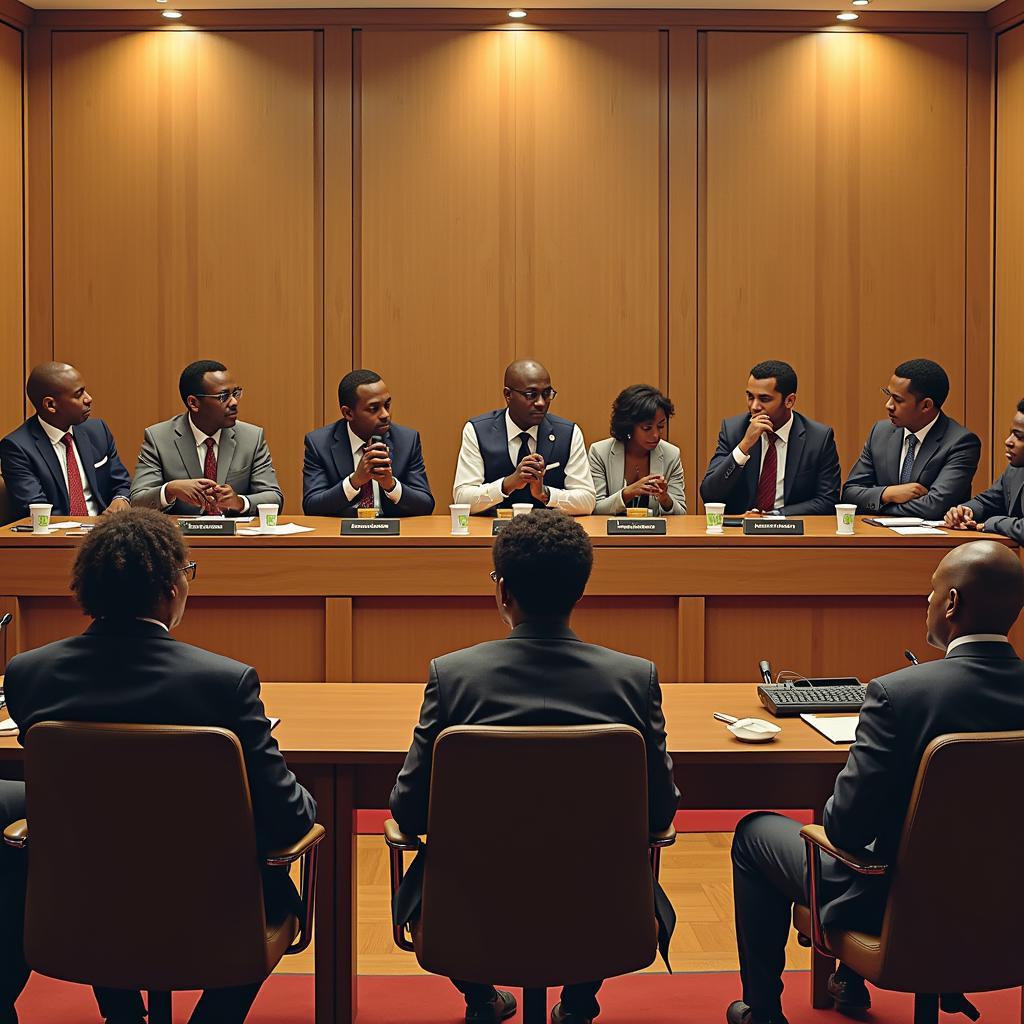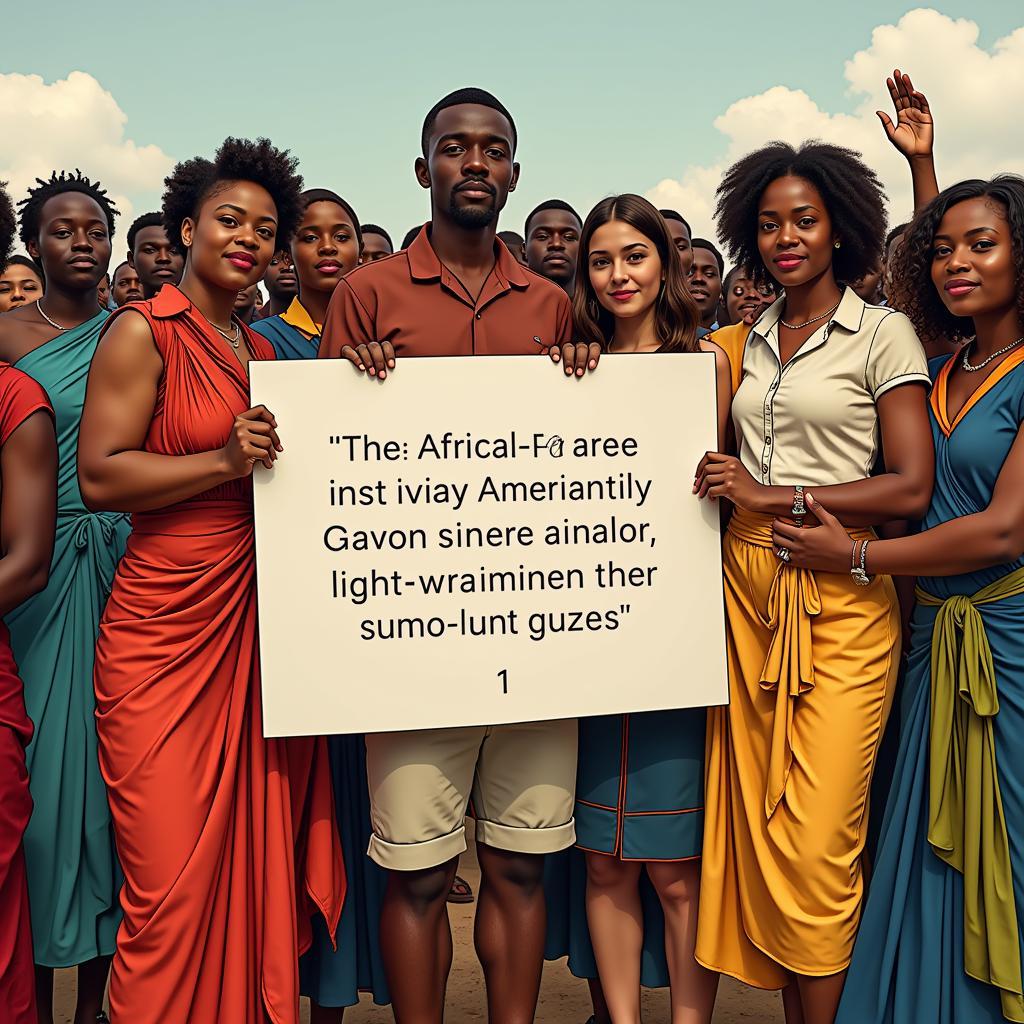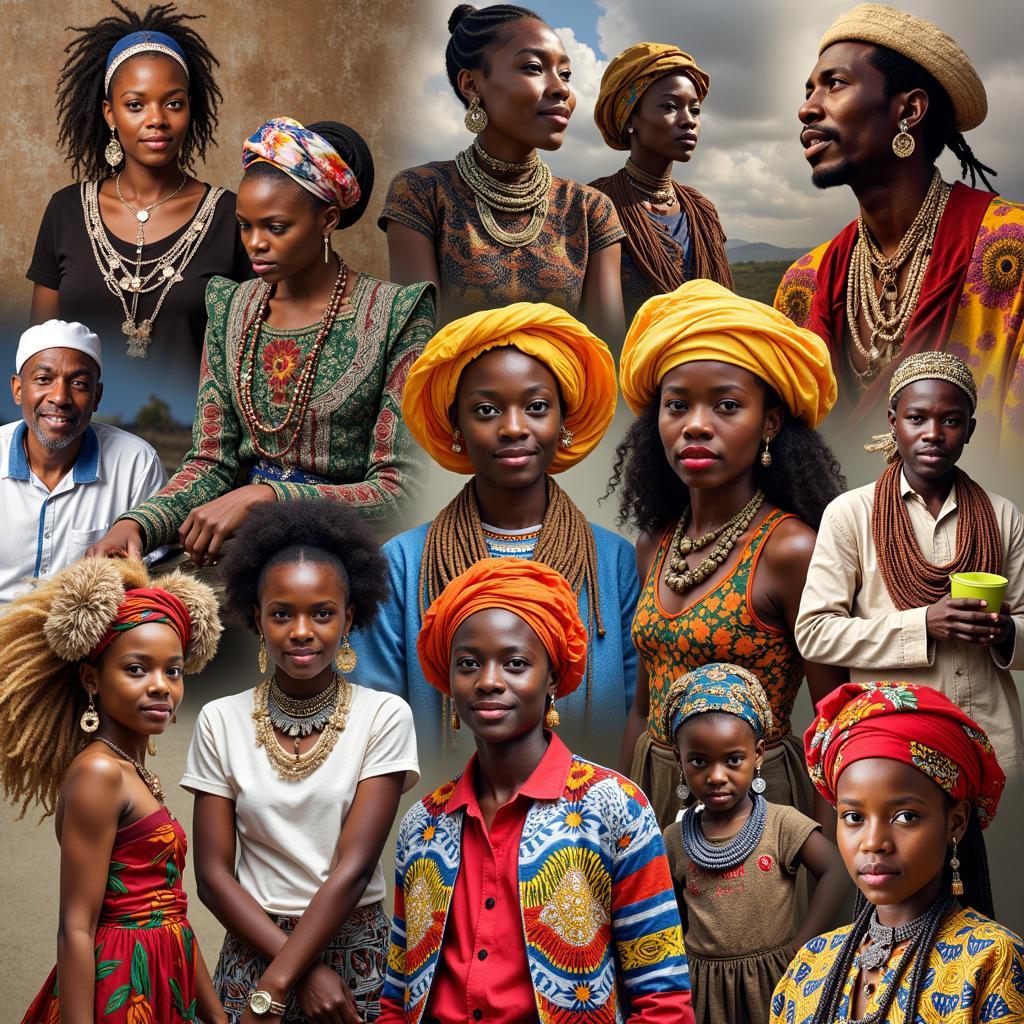African Charter on Human and Peoples’ Rights Abbreviation
The African Charter on Human and Peoples’ Rights, often abbreviated as the African Charter or ACHPR, is a foundational document for human rights in Africa. Adopted in 1981 and entering into force in 1986, the African Charter lays out a comprehensive set of rights and freedoms for all people on the continent.
Understanding the ACHPR’s Importance
The African Charter is more than just a list of rights; it represents a commitment by African states to uphold the dignity and inherent value of every individual. Drawing inspiration from both the Universal Declaration of Human Rights and the unique socio-cultural context of Africa, the ACHPR:
- Recognizes Civil and Political Rights: These include rights such as the right to life, freedom from torture, freedom of expression, and the right to a fair trial.
- Upholds Economic, Social, and Cultural Rights: The Charter also emphasizes the importance of rights like the right to work, the right to education, and the right to health.
- Highlights Peoples’ Rights: Uniquely, the ACHPR incorporates rights related to self-determination, development, and the protection of cultural heritage.
 African Charter Signing Ceremony
African Charter Signing Ceremony
Key Features of the African Charter
Several aspects distinguish the African Charter from other international human rights instruments:
- Emphasis on Duties: The ACHPR recognizes that the enjoyment of rights comes with corresponding duties towards family, community, and the state.
- Focus on Group Rights: Beyond individual rights, the Charter acknowledges the rights of groups and peoples, including the right to self-determination.
- Recognition of the Role of Culture: The ACHPR emphasizes the importance of cultural values and traditions in the promotion and protection of human rights.
The African Commission on Human and Peoples’ Rights
Established under the African Charter, the African Commission on Human and Peoples’ Rights (ACHPR) plays a crucial role in promoting and protecting human rights across the continent. The Commission’s functions include:
- Protection: The ACHPR receives and investigates complaints of human rights violations from individuals and NGOs.
- Promotion: The Commission conducts promotional activities, including education and awareness-raising, to foster a culture of human rights.
- Interpretation: The ACHPR provides interpretations of the provisions of the African Charter, guiding states on their human rights obligations.
 African Commission Hearing
African Commission Hearing
The Impact and Challenges of the ACHPR
The African Charter has made significant contributions to the advancement of human rights in Africa. Its adoption has fostered greater awareness of human rights principles and mechanisms for addressing violations. However, challenges remain:
- Implementation Gap: Translating the Charter’s principles into concrete actions and ensuring effective implementation across all African states remains a key challenge.
- Limited Resources: The ACHPR and other human rights mechanisms in Africa often face resource constraints, hindering their ability to operate effectively.
- Political Will: A lack of political will from some states can hamper the implementation of the Charter’s provisions and the enforcement of its decisions.
The African Charter: A Foundation for the Future
Despite the challenges, the African Charter on Human and Peoples’ Rights remains a beacon of hope and a crucial framework for promoting and protecting human rights in Africa. As the continent faces new and evolving challenges, the Charter’s principles provide essential guidance for ensuring dignity, equality, and justice for all.
FAQ
1. What does the African Charter say about women’s rights?
The African Charter specifically addresses the rights of women, emphasizing the elimination of discrimination and the promotion of equality between men and women.
2. How does the African Charter address the rights of children?
The Charter recognizes the special needs and vulnerabilities of children and calls for their protection from abuse, exploitation, and discrimination.
 African Human Rights Advocates
African Human Rights Advocates
3. How can individuals or organizations submit complaints of human rights violations to the African Commission?
Complaints can be submitted to the ACHPR through a specific procedure outlined in the Charter and its Rules of Procedure.
4. Is the African Charter legally binding on African states?
Yes, once ratified by a state, the African Charter becomes legally binding on that state under international law.
Need More Information?
For inquiries or assistance regarding human rights issues in Africa, please contact:
- Phone Number: +255768904061
- Email: [email protected]
- Address: Mbarali DC Mawindi, Kangaga, Tanzania
Our dedicated team is available 24/7 to provide support and guidance.
